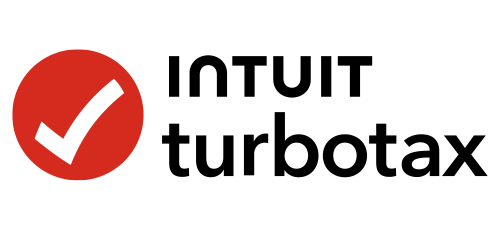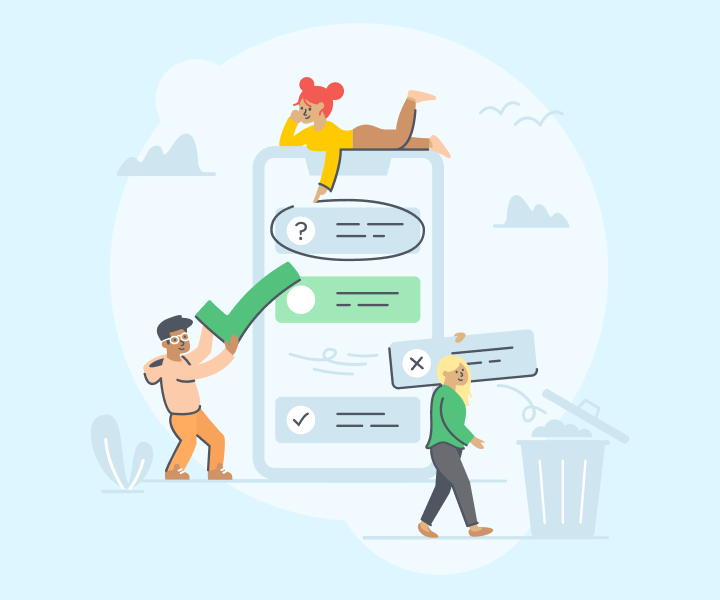With Expert 365, get expert help cleaning up your books for tax time, plus support on sales tax and payroll reporting year-round.
What You Need to Know About Claiming Start-Up Costs For a New Business in Canada
TurboTax Canada
November 8, 2023 | 4 Min Read
Updated for tax year 2025


A new way to file your business taxes is here!
Starting your own business can be an exciting, scary, and costly venture. If the costs of starting a business are holding you back, don’t worry. You don’t necessarily have to empty your savings account to fund your new business.
The Canada Revenue Agency (CRA) has a number of tax incentives in place to encourage Canadians like you to launch their business ideas. These incentives allow you to deduct a number of start-up costs as business expenses when you start a business in Canada.
What is a Start-Up Cost?
A start-up cost is any money you need to spend to get your business off the ground. This can include any inventory, machinery, or equipment you need for your business to begin normal operations. If you were starting a graphic design company for example, your computer, desk, and graphic design programs could all be considered as part of your start-up costs.
In order for a start-up cost to be eligible for a tax deduction, it must arise during the tax year (or fiscal period) your business started. Any eligible start-up cost must arise after your business’ official start date.
Determining Your Business Start Date
Determining your official start date can be a little tricky because the start date of your business isn’t necessarily the day you make your first sale or the day you officially start working, but rather the day you commence a significant activity that is a regular part of your business’ attempts to make a profit.
So, if you had previously purchased a computer, and now you’re going into business, your computer would not be a business write-off because you already had the computer before your official start date.
Sometimes, purchases can indicate a start date in themselves. For example, if you start to purchase inventory for an online store, this may signal your start date because you have made significant action toward beginning your business through this investment.
As you can see, the start date isn’t necessarily your first official day in business, but rather the day that shows the business owner’s intent to start a business.
Some other examples that show intent to start a business include:
- When construction of a place of business began
- When arrangements were first made for acquisition or transportation of materials and/or supplies
- When inventory was first purchased
- When the business was first advertised
- When employee training began
- When initial contracts were negotiated
As already mentioned above, any expenses you incurred before the official start date of your company cannot be considered a business expense and are not deductible. Any costs you incur for the purpose of earning income after the start date of your business can be deducted for that fiscal period.
Claimable Start-Up Costs
Your business startup costs can include any reasonable expenses for anything your business needs to get started. Personal expenses are not deductible. You are only able to deduct legitimate business expenses.
Legitimate expenses can include:
- Advertising
- Business tax, fees, licenses, and dues
- Business-use-of-home expenses
- Insurance
- Motor vehicle expenses
- Legal, accounting, and professional fees
- Office expenses
- Supplies
- Telephone and utility bills
According to the CRA, to claim an expense as a start-up cost on your income tax, you need “to have carried on a business in the fiscal period in which the expense was incurred.” Please see the following link for the complete list of allowable Business Start Up Expenses and for a detailed list of all business expenses, click the following link and visit the CRA’s Business Expenses page.
Transferring Assets to Your Business
While expenses for your business must occur on or after your start date, you can also transfer assets to your business in your first year. If you already own assets (like a computer or vehicle) that you want to use for your new business, you can transfer ownership to your business and claim them on your taxes.
When you are transferring assets, you will need to transfer them at their Fair Market Value and update this amount as their value depreciates.
Fair Market Value
What Edition of TurboTax Is Right for Me?
Get the tax support you need.
Related articles

© 1997-2024 Intuit, Inc. All rights reserved. Intuit, QuickBooks, QB, TurboTax, Profile, and Mint are registered trademarks of Intuit Inc. Terms and conditions, features, support, pricing, and service options subject to change without notice.
Copyright © Intuit Canada ULC, 2024. All rights reserved.
The views expressed on this site are intended to provide generalized financial information designed to educate a broad segment of the public; it does not give personalized tax, investment, legal, or other business and professional advice. Before taking any action, you should always seek the assistance of a professional who knows your particular situation for advice on taxes, your investments, the law, or any other business and professional matters that affect you and/or your business.









